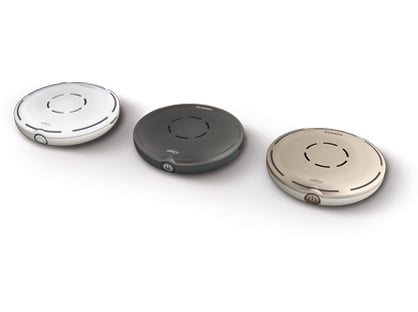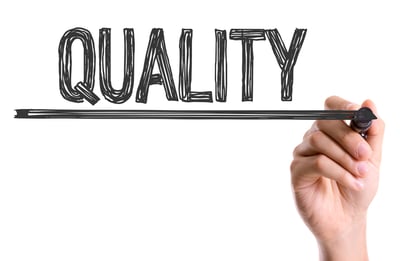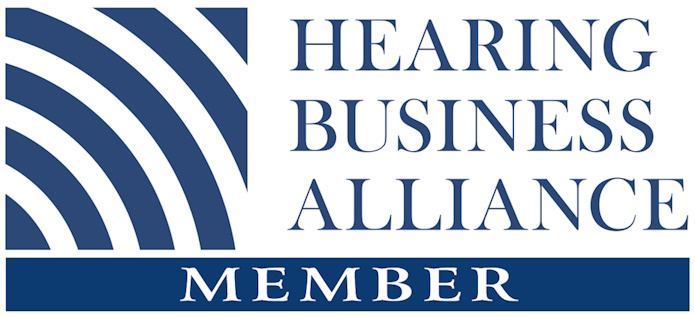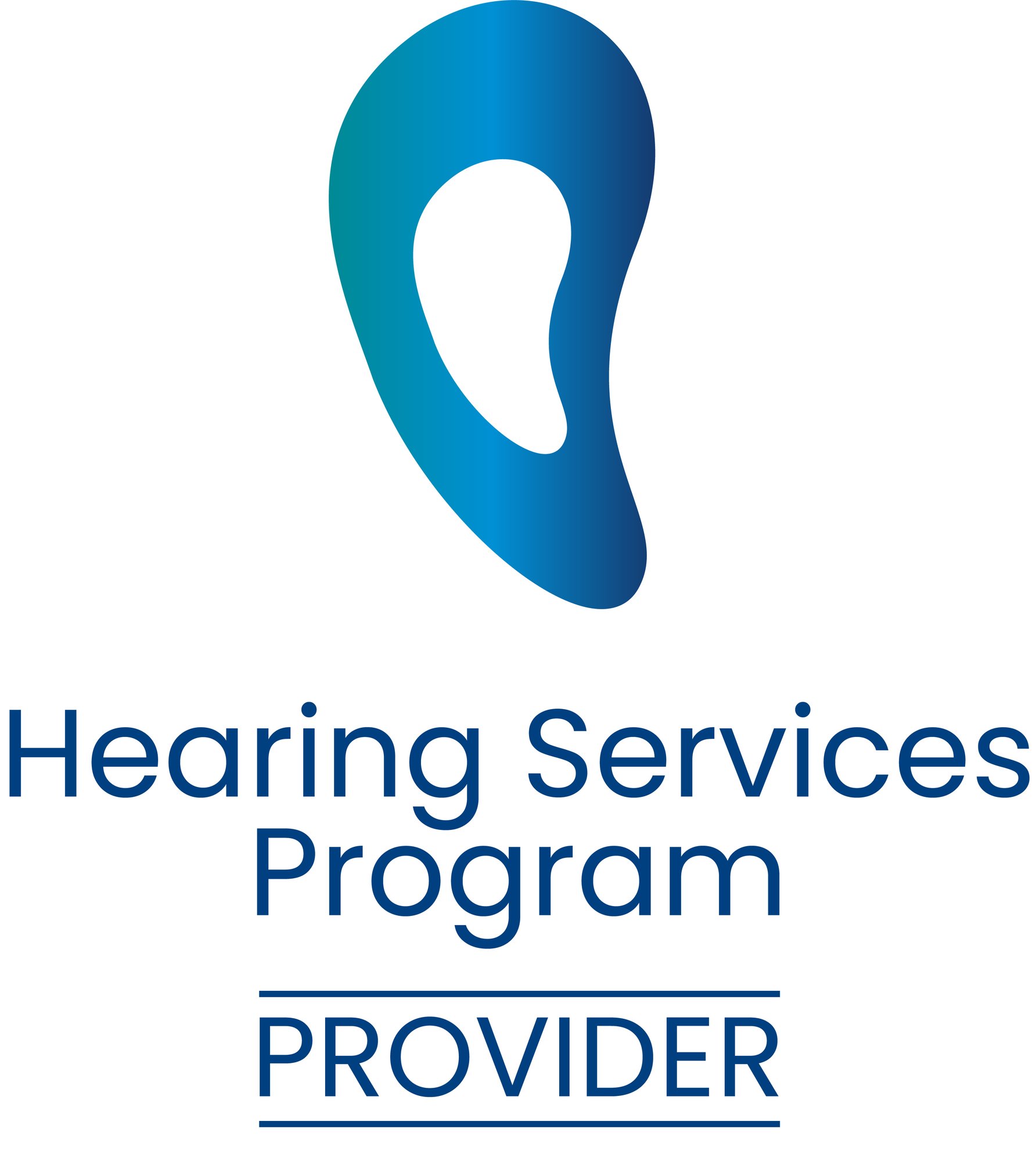Time to read: 8 minutes
Making improvements to your hearing is a partnership between you and your clinician. You should always feel comfortable asking questions and having them answered in a way you completely understand.
The only 'dumb' question is the one which is never asked.
At Value Hearing, we take the time to comprehensively test your hearing as well as answer your questions. We encourage you to think ahead to your appointment with us and bring a list of questions you’d like answered on the day.
Here are some of the common questions we encourage you to ask at your next appointment, along with some answers to get you started:
 1. Can I bring a friend along?
1. Can I bring a friend along?
Absolutely! Your friend or family member is welcome to sit in the appointment with you. They can act as an extra set of ears to ensure that you don’t miss any of the discussion you have with your clinician. You never know, they might have their hearing tested too. There is nothing like having a comprehensive hearing test yourself to appreciate how thorough it is.
2. What is my type of hearing loss?
That’s an important question to ask. Hearing loss can be caused by a number of different factors. The nature of your hearing loss will impact on the type and style of hearing aid your clinician recommends for you. We cover four types of hearing loss in this article here.
3. Will my hearing get worse?
Depending on the nature of your hearing loss, it may well get worse over time. But there is also another factor to consider than just the sound coming into your ears. No matter what the cause of your hearing loss, it is your brain that needs to hear sounds clearly - particularly speech. The longer you go without hearing well, the parts of the brain that processes sound will atrophy. With hearing, it really is a case of ‘use it or lose it’.
4. What will happen if I do nothing?
 Unaddressed hearing loss is more than not being able to hear well. It also affects your ability to communicate with others, which affects your relationships with other people. People with unaddressed hearing loss suffer greater depression and anxiety compared to those who regularly wear hearing aids. Those with hearing loss are more likely to experience cognitive decline, including dementia.
Unaddressed hearing loss is more than not being able to hear well. It also affects your ability to communicate with others, which affects your relationships with other people. People with unaddressed hearing loss suffer greater depression and anxiety compared to those who regularly wear hearing aids. Those with hearing loss are more likely to experience cognitive decline, including dementia.
Read more:
- Why achieving better hearing through hearing aids can help prevent dementia
- How hearing loss affects memory and thinking
- Selective Hearing
- Brain training and hearing
- Hearing Loss: use it or lose it
- Hearing loss and memory loss
- Cognition and Hearing aids
5. Do I need two hearing aids?
Your clinician will recommend two hearing aids if that is indicated by your hearing loss. As we mentioned above, it is your brain that does the hearing and it needs sensory input from both ears to keep you alert when you’re out and about.
If you suddenly lose hearing in one ear, then it is very important to get to your doctor as soon as possible to have its cause investigated and treated.
People who have good hearing in one ear and not the other might be recommended a CROS (Contralateral Routing of Sound) in which a hearing aid transmitter is placed on your ‘dead’ ear and transmits sound to the hearing aid in your good ear.
We have two ears, so it’s important that we try and replicate binaural hearing as much as possible. People with single-sided deafness may have difficulties in picking up on the direction of sounds (localisation), detecting speech on their poorer hearing side, and difficulties hearing in the presence of background noise.
Read more:
- Two ears are better than one
- CROS for one-sided hearing loss
- Modern Solutions when you only have one working ear – CROS/BICROS
 6. Did (or can) diet and medication affect my hearing?
6. Did (or can) diet and medication affect my hearing?
High blood pressure has been associated with hearing loss and diet can play a big role in regulating healthy blood pressure.
Medication may affect your hearing. This is called ototoxicity. We recommend that you speak to your doctor regularly and particularly if you are prescribed an additional medicine or a change in medication.
Read more:
- Health issues that may affect your hearing
- Food, Your Ears and Good Hearing
- Hearing Health and Exercise
- Hearing Loss and Diabetes
- Colds, Flu and Your Hearing
- Ototoxicity and hearing loss
7. What can I do to protect my hearing from further damage?
This is a great question. Even if you have hearing loss, you can help reduce further damage by taking steps today. They include:
- Wearing ear protection when working with power tools - lawn mower, whipper-snipper, circular saw
- Wear soft ear plugs when attending loud concerts
- Take charge of your health. Making improvements to your diet and getting regular exercise makes you feel better and can support your hearing through reducing high blood pressure.
Read more:
 8. Would hearing aids or other devices help, and what specific types are available?
8. Would hearing aids or other devices help, and what specific types are available?
Advances in hearing aid technology in the 21st Century have expanded the range of hearing loss that can be helped with hearing aids.
Even with the very best hearing aid, you might find that your hearing needs additional support. We have clients who are judges, lecturers and executives who use additional devices when in demanding listening situations.
There are discreet microphones which stream conversations directly into the ear and these are an excellent way to maximise your best hearing.
Read more:
- Phonak Select iN
- Review: Chatable Universal Hearing Aid App
- Starkey Table Mic
- Hearing Aid accessories by type and brand
9. Are there additional costs besides the hearing aids?
Depending on the make and model of hearing aid recommended to you, there are some consumables associated with your aid.
If you have a battery model hearing aid, you will of course, need batteries. If you stream music and podcasts constantly into your hearing aids, you might get three days from your batteries. Under normal hearing use, you might get up to 10 days. A box of batteries contains 60 batteries.
Rechargeable hearing aids require a charging station. At Value Hearing, the charger is included in the cost of hearing aids. Other providers bill separately for the hearing aid charger.
Again, depending on the make and model of hearing aids, you may need wax filters and domes. Your clinician will show you what they are and how to use them.
10. How long will my hearing aids last? Do they wear out?
Hearing aids are computers in miniature. They are surprisingly robust, but they do wear out. We recommend our clients update their hearing aids every five years or so to take into account their changing hearing as well as enjoying the latest advances in hearing support.
Value Hearing clients receive active recalls every six months to make sure the hearing aid is operating at its best and to answer any questions you may have.
 11. Do the hearing aids have a warranty?
11. Do the hearing aids have a warranty?
Yes, hearing aids do have full manufacturer warranty. Most manufacturers offer three years, Oticon offers four years. So should your hearing aid develop a fault during that time, you can bring it into our clinic and we will send it in for a manufacturer’s service and you will also be able to request loan hearing aids. We will also let you know when your warranty is about to expire, so your aids can have a full service before expiry. This is also a good time to try the latest model hearing aids.
12. How often do you need to check or adjust the hearing aids?
We recommend that you perform your own clean and check on your hearing aids each week to remove wax and debris that may build up. Depending on the model hearing aid you have, you will also need to periodically replace the wax filter.
At Value Hearing, we have an active clean and check recall program where we will contact you every six months to see whether you would like our team to have a look at your hearing aids.
Read more:
- Top Tips To Keep Your Hearing Aids At Their Best
- How to Clean Your Hearing Aids: Receiver-In-Canal
- How to clean your hearing aids - custom hearing aids
- How To Clean Your Hearing Aids
- Don't Let the Little Things Let Your Hearing Aids Down
13. What can I do to maximize the hearing I have?
That’s a great question. As we mentioned earlier, you hear with your brain and not just your ears. When you get hearing aids, you will experience sounds that you might have forgotten about or can now hear with much better clarity.
If you’ve been without your best hearing for a while, this exposure to sound can sometimes be overwhelming and tiring. We would encourage you to persevere with your hearing aids and work on active listening
 14. What techniques can compensate for my hearing, and how can I get these skills?
14. What techniques can compensate for my hearing, and how can I get these skills?
There are a number of things you can do to help maximise your hearing in addition to wearing an excellent hearing aid.
We have some great articles here that might assist.
Read more:
- Managing Hearing Loss At Work
- Telephone tips for hearing aid wearers
- Improve TV listening with hearing Aids
- Hearing-friendly entertaining at home
- TV, your living room and effective hearing
- Lip reading and auditory closure
15. How can friends and family help? (They’ll want to know)
This is a great question to ask. Your family and friends will be encouraged to practice good communications skills with you.
Tips include:
- Don’t yell from another room. Make sure they in the same room as you
- If you are concentrating on something, get your friends to tap you on the shoulder to ensure they have your full attention.
- Ask them to speak face to face in good light, so you can also use a little bit of lipreading and body language to fully get the conversation
- Look for quiet places with a minimum of background noise to have conversations
Read more:

